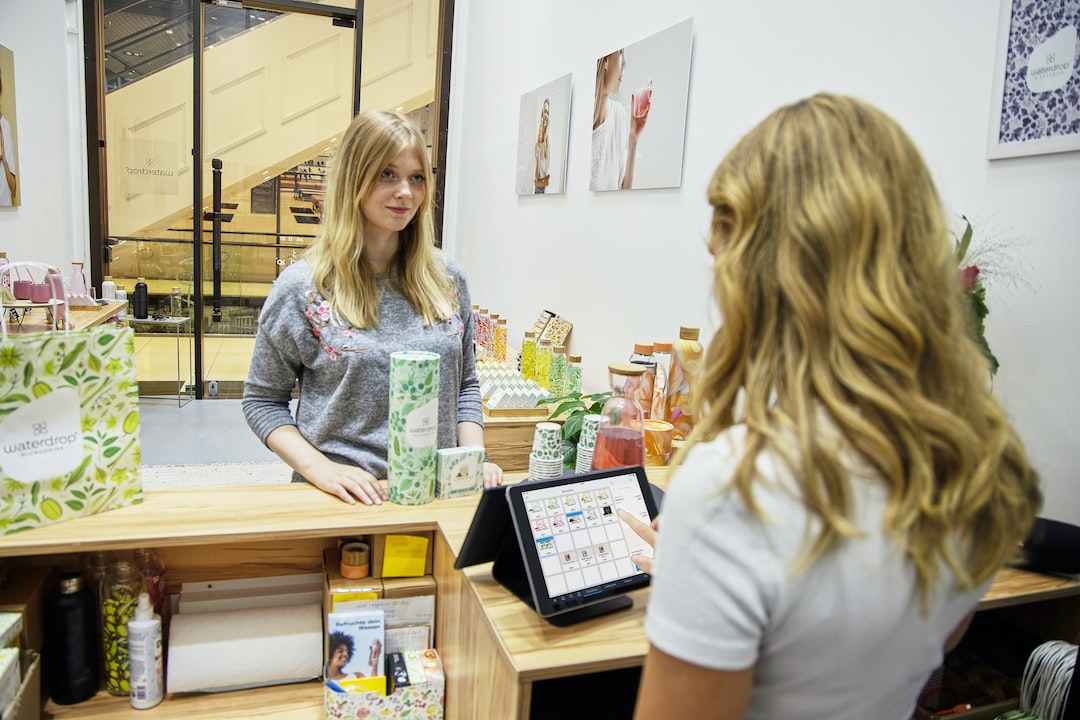The Science of Retail Therapy: Why Shopping Makes Us Happy
Have you ever felt an instant boost in your mood after a successful shopping spree? Many of us have experienced a sense of happiness and contentment after indulging in a little retail therapy. But have you ever wondered why shopping makes us feel so good? Is there a scientific explanation behind this phenomenon?
Retail therapy, commonly defined as the act of shopping to improve one’s mood, has become ingrained in our culture. Whether it’s buying a new outfit, treating ourselves to a luxurious skincare product, or simply splurging on a guilty pleasure, shopping has increasingly become a means to attain happiness. But why does it have this effect on us?
One of the primary reasons why shopping makes us happy is the release of endorphins. Endorphins are our body’s natural feel-good chemicals, responsible for boosting our mood and reducing stress levels. When we engage in retail therapy, our brains release these endorphins, causing us to feel a sense of pleasure and satisfaction.
Furthermore, the act of shopping can stimulate the brain’s reward system. Our brains are wired to respond positively to rewards, as it reinforces certain behaviors. When we find an item we desire and purchase it, our brain interprets this as a reward. This triggers a release of dopamine, a neurotransmitter associated with pleasure and reward. The surge of dopamine in our brain gives us a sense of happiness and fulfillment.
Additionally, shopping can also be a form of self-expression and a means of asserting our identity. We often use the products we buy to reflect our personal style and taste. This act of self-expression can boost our self-confidence and enhance our overall satisfaction with ourselves. When we find something that aligns with our values and preferences, it provides a sense of fulfillment and happiness.
Retail therapy can also have a therapeutic effect on our emotions. When we are feeling down or stressed, shopping can serve as a distraction from negative thoughts and emotions. It allows us to engage in a different activity and shift our focus away from our worries. In this way, shopping provides us with a temporary escape and serves as a mood-lifter.
Moreover, the anticipation of a shopping trip itself can create a sense of excitement and happiness. Planning and looking forward to a shopping outing releases dopamine, similar to the actual act of shopping. This anticipation adds an extra element of joy to the experience. The idea of discovering new items and treating oneself to something special cultivates a sense of happiness and excitement.
However, it is essential to note that the happiness derived from retail therapy is temporary and short-lived. The feelings of happiness and satisfaction we experience are transient, and the initial pleasure often fades away quickly. This phenomenon is known as the “hedonic treadmill,” where we continuously seek new experiences and purchases to maintain our elevated mood. It becomes a cycle of constantly needing to shop to experience that same level of happiness again.
Furthermore, excessive or compulsive shopping can lead to negative consequences such as financial stress, mounting debt, and a diminished sense of well-being. It is important to practice mindful shopping and exercise self-control to avoid falling into the trap of overspending and materialism.
In conclusion, there is a scientific basis for why shopping makes us happy. The release of endorphins, the stimulation of the brain’s reward system, the act of self-expression, and the therapeutic effect on our emotions all contribute to the happiness we feel when engaging in retail therapy. However, it is vital to recognize the transient nature of this happiness and practice responsible shopping habits to avoid detrimental effects. So, next time you find yourself indulging in a shopping spree, understand the science behind it and enjoy the temporary happiness it brings.

